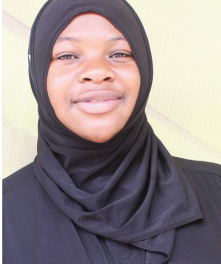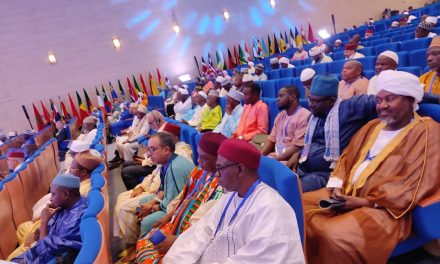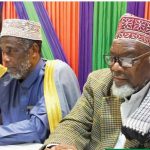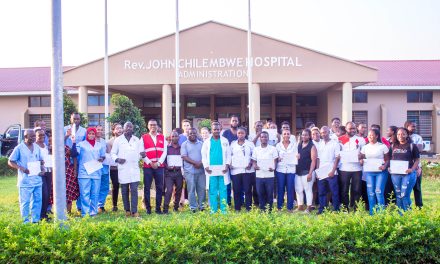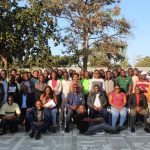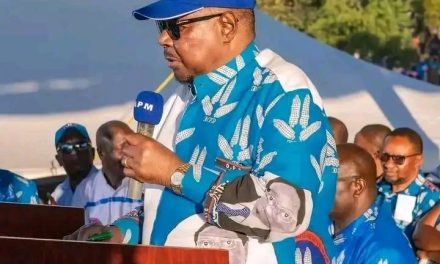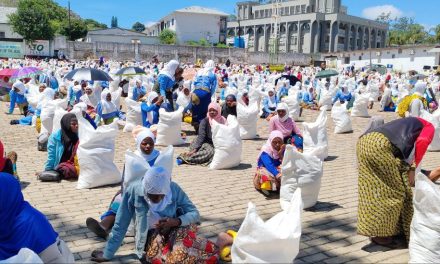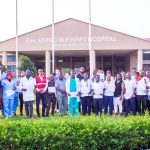
EXIT VISION 2020, ENTER MALAWI 2063
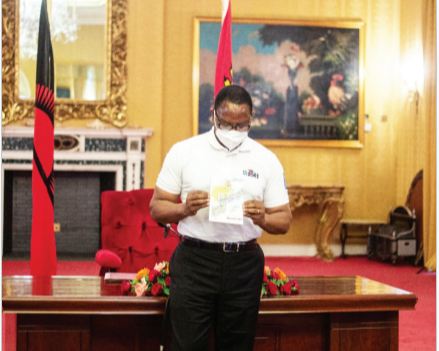
Malawi as a nation still continues to dream big and hopes for a better independent country. Currently, Malawi is still a developing nation aiming to be a middle class income country. Over the years since independence Malawi has steadily but slowly gained economic growth. Not much in terms of economic development has been achieved so far after the dawn of multiparty democracy considering that from 1994 to 2019 the country has only grown with 4.3 percent annual real economic growth rate.
The just expired Malawi Vision 2020 has not yielded the much expected results in as far as economic growth is concerned, hence the need for Malawi Vision 2063 which President Lazarus Chakwera launched on 19th January this year in Lilongwe. Speaking during the launch President Chakwera said Malawi is rich in natural, cultural as well as human resources that if combined they can enhance the country’s economy.
“We will cultivate a culture of positive values such as unity, patriotism, hard work, honesty, integrity, self-reliance, community service, dislike for handouts and hate for corruption,’ he said.
Chakwera also expounded on how the Malawi 2063 will benefit both rural and urban parts of the country should people show support and motivation throughout the envisioning process. Among other paraphernalia outlined in the MW2063 is having a Globally competitive economic infrastructure.
The infrastructure is meant to create a conducive environment for business by streamlining bureaucratic process for investment and developing economic growth. Malawi generates most of its forex reserves through agricultural exports that it produces. The agriculture sector currently accounts about 42 percent of Gross Domestic Product – GDP and 80 percent of export earnings. Much as this initiative brings hope for the nation’s future, ordinary Malawians are skeptical as they have doubts on the outcome of the current vision come 2063.
Malawi Vision 2020 cited crucial elements of economic development projected to have been achieved by the year 2020 which included but not limited to a democratically mature nation, environmentally sustainable, self-reliant with equal opportunities for and active participation by all, having vibrant social services, cultural and religious values and a technologically middle income economy; however, little has been realized so far, and as a nation we still have a long way to go.
In his comment, one of the country’s economic experts Ashraf Banda said the Vision 2020 died due to lack of political will and much involvement of politicians. “Politicians act differently from what they preach; people need to be empowered rather than providing them with subsidies and handouts.
The culture of handouts is mainly promoted by politicians in their effort to advance either their personal political ambitions or party agenda,” said Banda adding that Malawians need to be economically independent rather than waiting for government to provide them with relief items.



